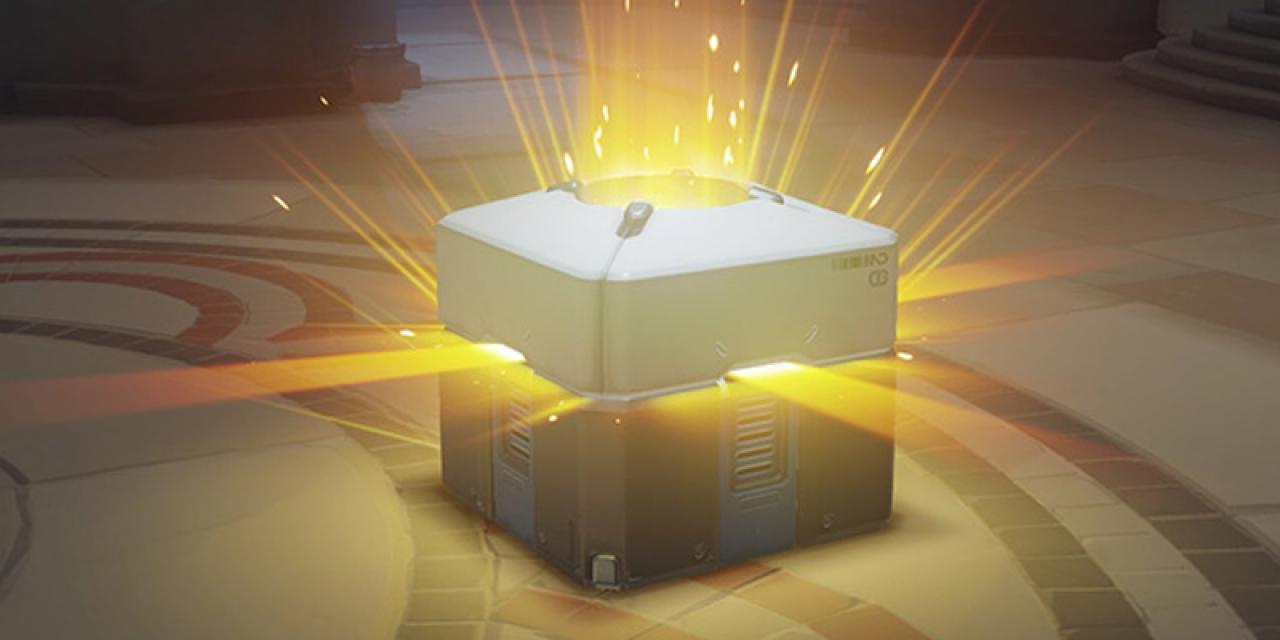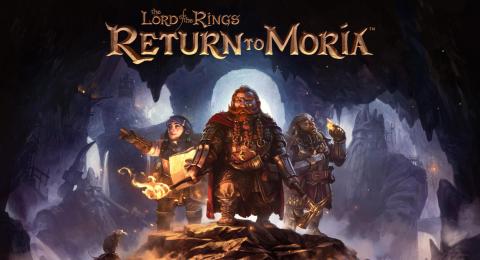
It often seems as if gamers always have something to complain about. If it's not DLC prices, it's install size footprints. If it's not balance problems, it's cheaters. If it's not bad developer support, it's heavy-handed enforcement. Of course all of those grievances have their place, but some are more problematic than others.
The latest one to rear its head in the gaming world is the proliferation of loot boxes. The same mechanic that lets you unlock an extra aesthetic skin for Overwatch, is also being used to give new weapons and orc followers in Shadow of War. They can now be found in single player as well as multiplayer games and there are questions of what this means for gaming, as it's a trend that seems to be at the forefront of publishers' plans for monetizing their modern games.
And that's a problem. Not because they make games pay to win – though they can and do and that's not great – but that they normalize paying for something that's not guaranteed. They are forcing gamers to pay for the chance to get what they want. They're asking gamers to gamble that maybe they get the thing they want, maybe not.
While you can make the argument that games that purely have aesthetic unlocks make them entirely optional, that still doesn't erase the fact that what players are paying for is the chance to get something, not a guarantee. That's not a purchase transaction, that's gambling.
There are certainly dangers of putting that sort of transaction in a game that's enjoyable by children in games like Rocket League and Overwatch, but it's just as insidious to force such a practice on adults. Gambling is highly addictive, because the human brain tends to release additional dopamine – the reward chemical in the brain – for rewards that are unpredictable. You get more of a hormonal rush when you get that great weapon or skin you were hoping for, than if you simply purchased it outright.
That's gamifying the purchasing process and that's not ok.
It's the same reason we had a problem with the way Valve used to handle its sales, offering unlocks and random free games with certain purchases. Loot boxes are even more nefarious than that though, as the entire buying system is a gamble, not just the extras.
While the UK government has suggested that you don't need to label loot boxes as gambling unless the items have a real-world, monetary value, that's not the tack that's been taken elsewhere in the world. Japan has been on the forefront of this trend for the past few years, with Gacha machines – the kind that spit out a random reward in a plastic ball. Think Stein's Gate if you're an anime fan. Those mechanics translated well into freemium games on mobile and earned companies billions before Japan shut them down and banned the practice.
While some publishers have found ways to get around the ban, the authorities there took the threat of normalizing gambling seriously and as this catches on in Western gaming, particularly premium games which are full priced and riddled with DLC extras of their own, as well as special editions and pre-order bonuses, it's just as important that governments here recognize the dangers.
Most important though, is that players recognize it. It's on us to halt this trend by voting with our wallets. Unfortunately, it's not enough that you don't buy into the loot boxes themselves. If you purchase the games that contain them, you're showing the publishers that you don't mind them being there. That will simply encourage them to not make the practice too intrusive.
To kill it, much like we have with some of the more egregious DLC systems publishers have tried over the years, we need to not buy and not play those games in the first place.
Think it's not possible? Think too many rubes will buy in any way? Just look at Evolve. A solid game with a lot going for it, its exploitative DLC practices killed that game quicker than any other factors involved in its demise. Games now rarely ship with such heavy day one DLC.
It will take the death of more than one loot box game to help quell that practice's growth, but it's an important part of the process and it's down to all of us to make that happen. Because make no mistake, normalizing gambling has real-world ramifications for us and our children in generations of gamers to come.








